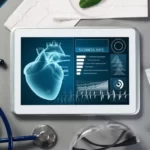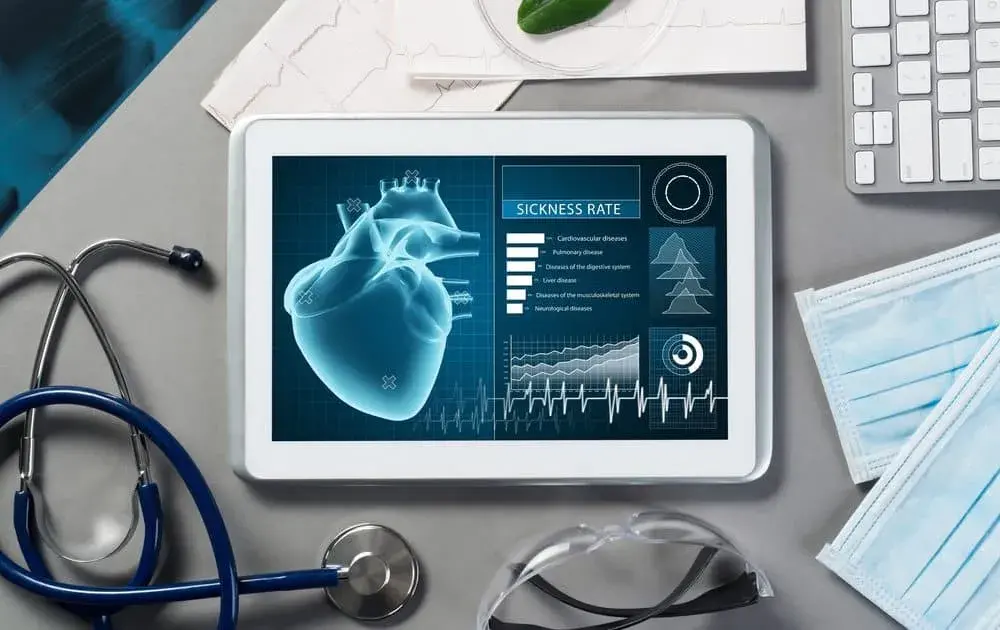ArdorComm News Network
November 10, 2023
According to a report from GlobalData, a leading data and analytics company, the medical devices industry is anticipated to reach $1.2 billion by 2027, primarily fueled by the healthcare sector’s need to streamline processes, cut costs, and enhance accuracy in diagnosing an increasing number of patients with intricate medical profiles. Brian Hicks, Senior Analyst of Medical Devices at GlobalData, highlighted the widespread use of AI in healthcare, particularly in diagnostic settings, where AI algorithms expedite the identification of challenging image abnormalities that might be overlooked by the human eye. This advancement allows for a more comprehensive review of patient profiles while minimizing the risk of misdiagnoses.
The report emphasizes that the driving force behind this surge is the adoption of computer vision technology, which finds applications in diagnostics across various medical specialties. Notably, AI’s contribution to reducing error rates in cancer detection has been well-documented, with studies indicating a significant decrease in pathologists’ error rates, from 3.4% to 0.5%, when AI was incorporated in identifying cancer-positive lymph nodes as far back as 2016. Hicks emphasized the accelerated pace at which AI can identify potential positive cases, allowing for a more rapid review of numerous patient profiles without compromising accuracy.
The research reveals a notable concentration of AI-related investments in the medical imaging and diagnostic sectors, with many companies specializing in leveraging deep learning technology. Traditional MedTech companies, primarily focused on hardware and surgical instruments, have limited opportunities to integrate such advanced technologies into their products. Hicks underscored the critical role of AI in early detection, asserting that its ability to analyze challenging tissue abnormalities, symptoms, and intricate patient profiles will lead to earlier interventions and improved patient outcomes.


